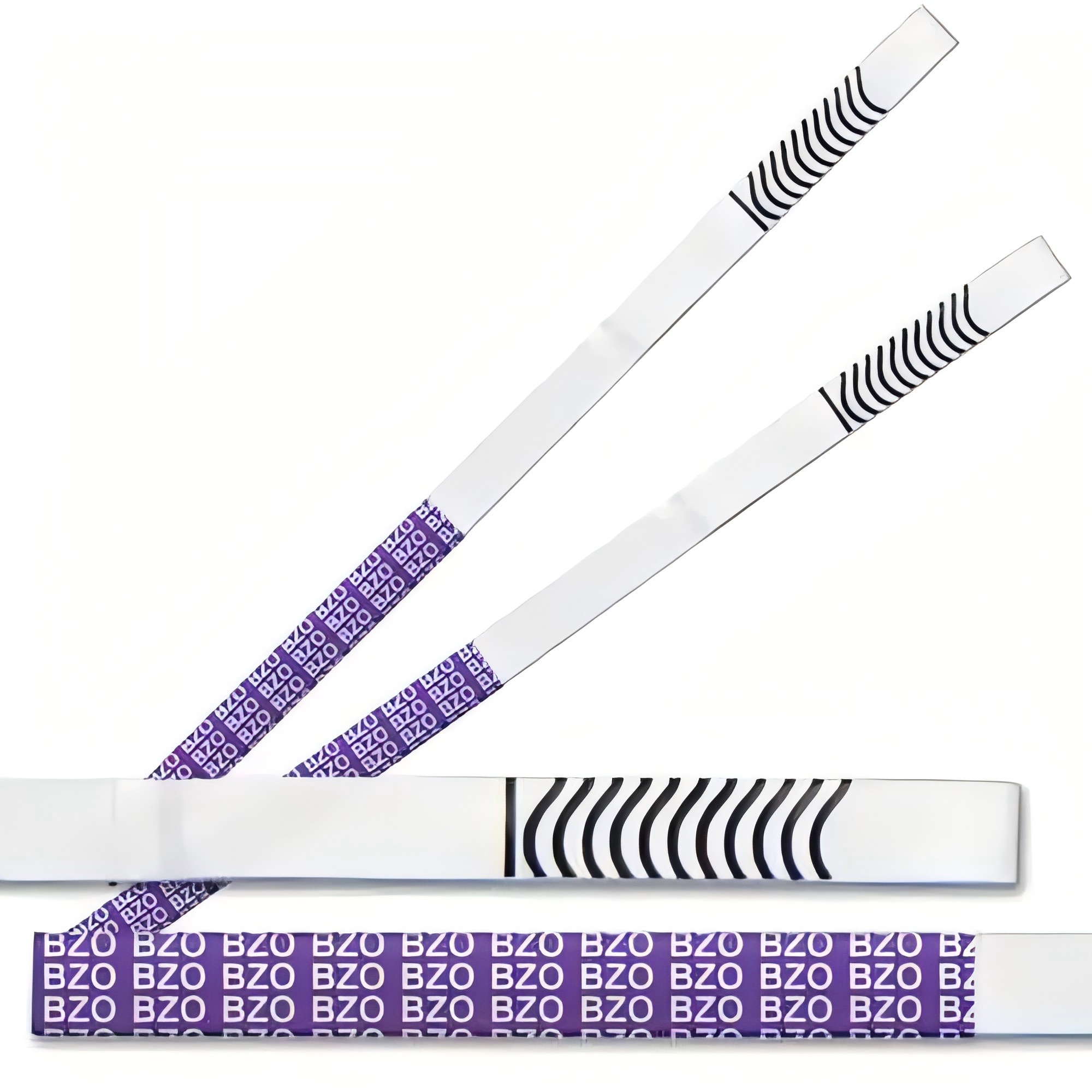Introduction to Forensic Drug Testing
Forensic drug testing is a crucial component in various sectors, including law enforcement, workplace safety, and healthcare. It involves analyzing biological samples to identify the presence of drugs or their metabolites. The process is not only about detecting illicit drug use but also about maintaining compliance with regulatory standards and ensuring public safety. The key stakeholders in this realm, such as wholesale suppliers of testing equipment, factories handling the production of testing kits, and the laboratories that process these tests, play a vital role in the broader ecosystem. Understanding how long it takes to get results from these tests is essential for stakeholders across the board.
Types of Forensic Drug Tests
Urine Drug Tests
Wholesalers and suppliers often provide urine drug test kits due to their popularity and reliability. These tests are the most common and are preferred for their high sensitivity. Typically, urine tests can detect drug use within the past few days, depending on the substance.
Blood Drug Tests
While less common than urine tests, blood tests are more invasive and are often used in situations where immediate detection is necessary. Results from blood tests can be obtained relatively quickly, usually within 24 to 48 hours, but they tend to have a shorter detection window.
Hair Drug Tests
Hair tests are renowned for their ability to detect drug use over an extended period, often up to 90 days. This makes them invaluable for detecting long-term drug use patterns. However, the results can take longer to process, typically one to two weeks, as the analysis is more complex.
Saliva Drug Tests
Saliva tests are less invasive and can provide quick results, often within 24 hours. They are favored in settings where rapid results are necessary, although they have a shorter detection period, usually up to 48 hours.
Factors Influencing Test Results Timeline
Sample Type and Collection Method
The type of sample collected significantly affects the time it takes to get results. Urine and saliva samples are quicker to process than hair and blood samples, which require more intricate analysis.
Laboratory Capacity and Efficiency
Factories and suppliers of drug testing equipment must ensure their products are efficient to support laboratory processing times. High-volume laboratories, especially those with advanced technological support, can process tests faster compared to smaller, less-equipped facilities.
Typical Timeframes for Result Processing
The processing time for drug tests can vary based on the type of test and the laboratory's capabilities. On average, urine tests can take one to three days, blood tests take one to two days, hair tests take five to ten days, and saliva tests take less than a day to process results. It's important to note that these timeframes are estimates and can vary based on external factors and laboratory efficiency.
Laboratory Testing Procedures
Initial Screening
Most laboratories begin with an initial immunoassay screening, which quickly identifies potential positive samples. This step is fast, usually taking a few hours, and helps to filter out negative samples early on.
Confirmatory Testing
Positive results from the initial screening undergo a more detailed confirmatory test using techniques like gas chromatography-mass spectrometry (GC-MS), ensuring the accuracy of the results. This stage typically takes longer, contributing to the overall processing time.
Confirmation and Verification Processes
Data Review and Quality Control
Laboratories follow stringent quality control protocols to ensure the accuracy and reliability of drug test results. This review process can add additional time to the overall testing timeline but is crucial for maintaining the integrity of the results.
Reporting and Interpretation
Once verified, results are compiled into reports for stakeholders, whether they be employers, legal professionals, or healthcare providers. This step involves interpreting the test data to provide actionable insights.
Legal and Workplace Implications
Workplace Testing and Compliance
Organizations rely on forensic drug testing to maintain a drug-free workplace, which is vital for both safety and legal compliance. The time it takes to receive test results can impact decision-making processes regarding employment and workplace safety.
Legal Proceedings
In legal contexts, timely drug test results are crucial for building cases or providing evidence during trials. Delays in receiving results can affect the outcomes of legal decisions, making the efficiency of labs and supplier chains of utmost importance.
Challenges in Forensic Drug Testing
False Positives and Negatives
One significant challenge in drug testing is the potential for false results, which can occur due to cross-reactivity or sample contamination. Laboratories and suppliers must focus on refining testing methods to minimize these occurrences.
Substance Detection Windows
The detection window can vary widely between drugs, impacting how results are interpreted. This necessitates a comprehensive understanding from both suppliers and users of testing kits to ensure accurate application and interpretation of results.
Innovations in Drug Testing Technologies
Automation and AI Integration
Advancements in automation and Artificial Intelligence are revolutionizing drug testing, allowing for faster processing times and more accurate results. Factories and suppliers are increasingly adopting these technologies to enhance the efficiency of their products.
Real-Time Drug Testing Methods
Emerging technologies are paving the way for real-time drug testing methods, which can significantly reduce the time it takes to obtain results. This innovation is particularly beneficial for law enforcement and medical settings requiring immediate results.
Conclusion: Understanding Testing Timelines
Forensic drug testing is integral in various domains, and understanding the timeline for obtaining results is essential. Factors such as test type, laboratory efficiency, and processing methods all play a role in determining how long results take. While challenges exist, advancements in technology and laboratorial processes are continually improving the speed and accuracy of testing.
Hysen Provide Solutions
At Hysen, we understand the complexities and demands of forensic drug testing. As a leading supplier and factory for drug testing solutions, we ensure our products meet the highest standards of accuracy and speed. Our innovative technologies and comprehensive test kits support laboratories in delivering timely, reliable results. By partnering with Hysen, stakeholders can rest assured that they have access to cutting-edge solutions that streamline the drug testing process, reducing turnaround times and enhancing efficiency across the board.
User hot search: Forensic drug screening
Post time: Sep-20-2025
















